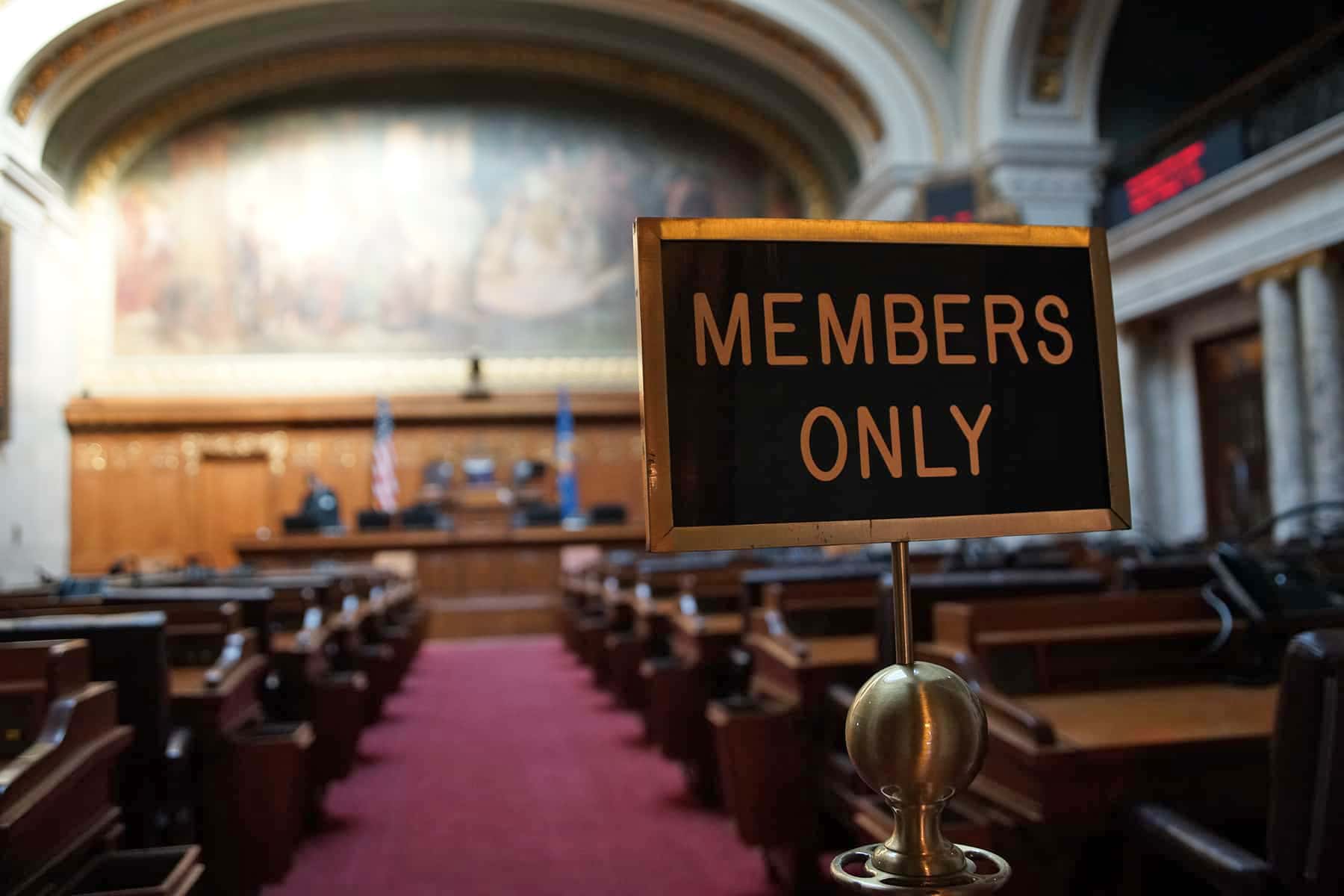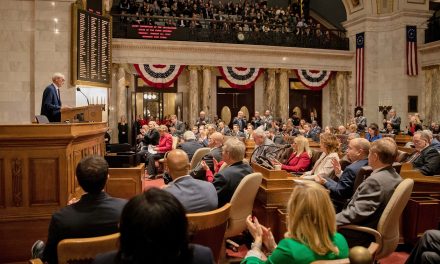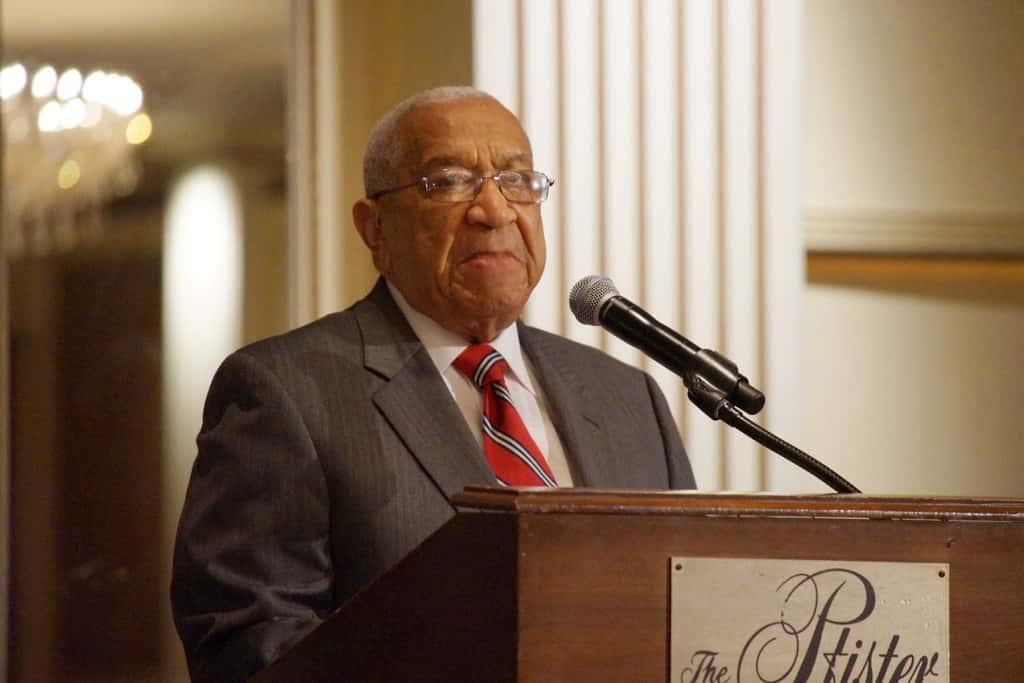
Wisconsin’s latest mass shooting, which left six people dead at one of the largest breweries in the world, appears to have done little in the politically polarized state to budge Republicans who expanded access to guns over the past decade.
On February 27, Milwaukee police said that a 51-year-old employee of Molson Coors Brewing Company, which for decades operated as Miller Brewing, opened fire on his co-workers the afternoon before, killing five before he turned the gun on himself. It was the nation’s fourth mass killing of the year.
The shooting took place less than 3 miles from the venue that will host the Democratic National Convention in five months. Democratic presidential candidates weighed in on the shooting, with several reiterating their calls for tougher gun laws. President Donald Trump called the shooting a “terrible thing,” but he and other Republicans, including in Wisconsin, did not advocate for any changes to the law.
Trump narrowly won Wisconsin in 2016 and defeating him in the key swing state in November is a priority for Democrats. They see gun control as a winning issue, with numerous polls showing broad public support for the bills that Democratic Governor Tony Evers has unsuccessfully touted to the GOP-controlled Legislature. Governor Evers remains pessimistic that the latest shooting will cause Republicans to reconsider their position against stricter gun laws.
“As leaders, we have to pray and give our heartfelt condolences to people that pass away but, at the same time, we have an obligation as leaders to think about what solutions exist,” said Governor Evers. “I think the people of Wisconsin deserve that too.”
Just before the shooting, Governor Evers had renewed his call for the state Legislature to take up the bills that would enact a universal background check for gun purchases and institute a “red-flag” law, allowing judges to confiscate guns from people determined to be a risk to themselves and others. Seventeen states have passed red flag laws and 21 have similar universal background check laws.
Both the state Senate and Assembly in November quickly adjourned a special session on the Governor’s bills with no debate. Roughly an hour before the shooting on Ash Wednesday, February 26, the leader of the state Senate reiterated that Republicans had no intention of taking up the bills. Senate Majority Leader Scott Fitzgerald said before the shootings: “We’re going to have that discussion about the Second Amendment forever. A lot of the provisions that are in place already, people are satisfied with.”
Between 2011 and 2019, under then-Governor Scott Walker, he and fellow Republicans greatly loosened Wisconsin’s gun laws. They legalized concealed carry, Wisconsin was the second-to-last state to allow it, removed a 48-hour waiting period for gun purchases, passed a “castle doctrine” law giving homeowners more legal protections if they shoot an intruder, and allowed off-duty, retired and out-of-state police officers to carry firearms on school grounds. In 2018, in reaction to a shooting at a high school in Parkland, Florida, Walker signed a $100 million plan to increase safety at schools that made grants available for better locks, security cameras and other upgrades.
“We proposed, frankly, the minimal amount of reasonable, common sense solutions,” Governor Evers said. “The people of Wisconsin deserve a vote.”
Governor Evers ran in support of gun control measures in his campaign against Walker in 2018. After the Republican-controlled Legislature ignored his gun safety bills and following shootings on consecutive days at Wisconsin high schools, Governor Evers pivoted, urging lawmakers in December to increase funding for mental health services. That was something Republicans had supported in the past, but the Governor’s call to spend nearly $23 million on school-based mental health services has been met with silence in the Legislature. Fitzgerald, who is running for Congress as a Republican, did not mention the possibility of taking another look at tougher gun laws in his statement after the shooting.
Scоtt Bаuеr
Lee Matz














